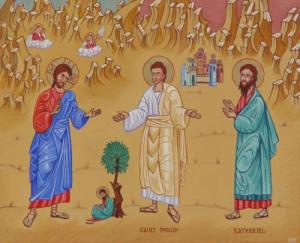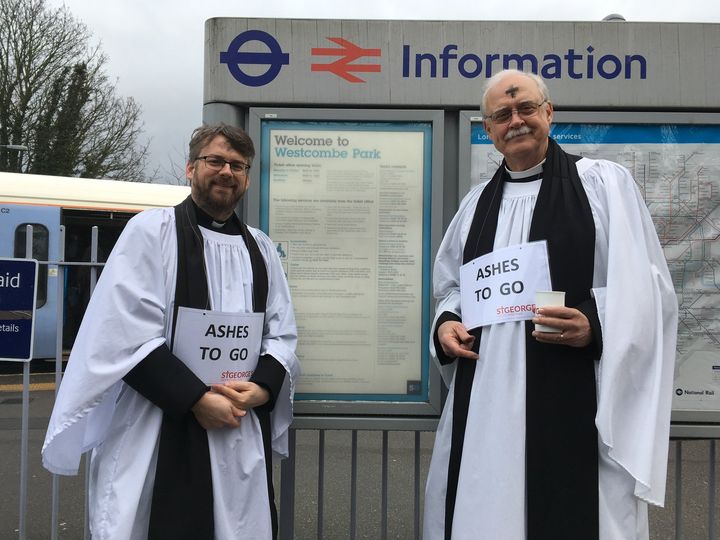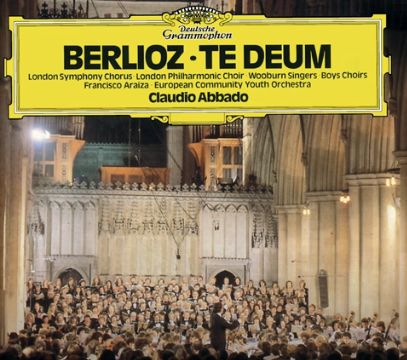Today’s hymn from “Sing Praise” is Timothy Dudley Smith’s “Above the voices of the world around me”. It comes with its own tune, but John played it to the better known Londonderry Air (Danny Boy) which the words do fit, with the odd stretched syllable. The words are copyrighted and too long to be reproduced here without permission but can be found online here.
The three verses are all written in the first person – it’s an introspective hymn – and the theme is being called by Jesus, who is named in each verse. The first is about the voice of Jesus calling me, as the first line has it, “above the voices of the world around me”. His call is, as one would expect from a Lenten hymn, to “turn from sins and put the past behind you, take up your cross and come and follow me”. In Lent we read of Jesus’ temptations in the wilderness where it is the Devil’s voice that tries to distract him from his mission, but the Devil usually works more subtly through other things, whether the classic ‘deadly sins’ of lust, gluttony, anger and so on, or today’s more subtle temptations of TV, social media and Internet.
The second verse asks what my response might be, feeling that I have nothing worthy to offer Jesus, but concludes that “I come … and in repentance turn to you alone”. The Gospels record Jesus calling his motley crew of fishermen, tax collectors and housewives, without asking for any testimonials. When he called Nathaniel Bartholomew, he already saw into his heart and knew him to be a “true Israelite”. If Jesus calls us to serve him, he already knows he has found what he’s looking for: we need no qualifications other than willingness, no reference other than his own death on the cross to make us worthy.

The last verse is the promise to serve in faith. In singing it ith meaning, I ask Jesus to “let me become what you shall choose to make me”, which may well be different from what I had in mind for my life. Some people find themselves called to a life of poverty or celibacy, others to working in dangerous places and among deprived communities, others to long hours of unpaid voluntary work. But all in the name of serving Jesus. What matters is that, as the final line puts it, “in his love my new-born life begins”.



